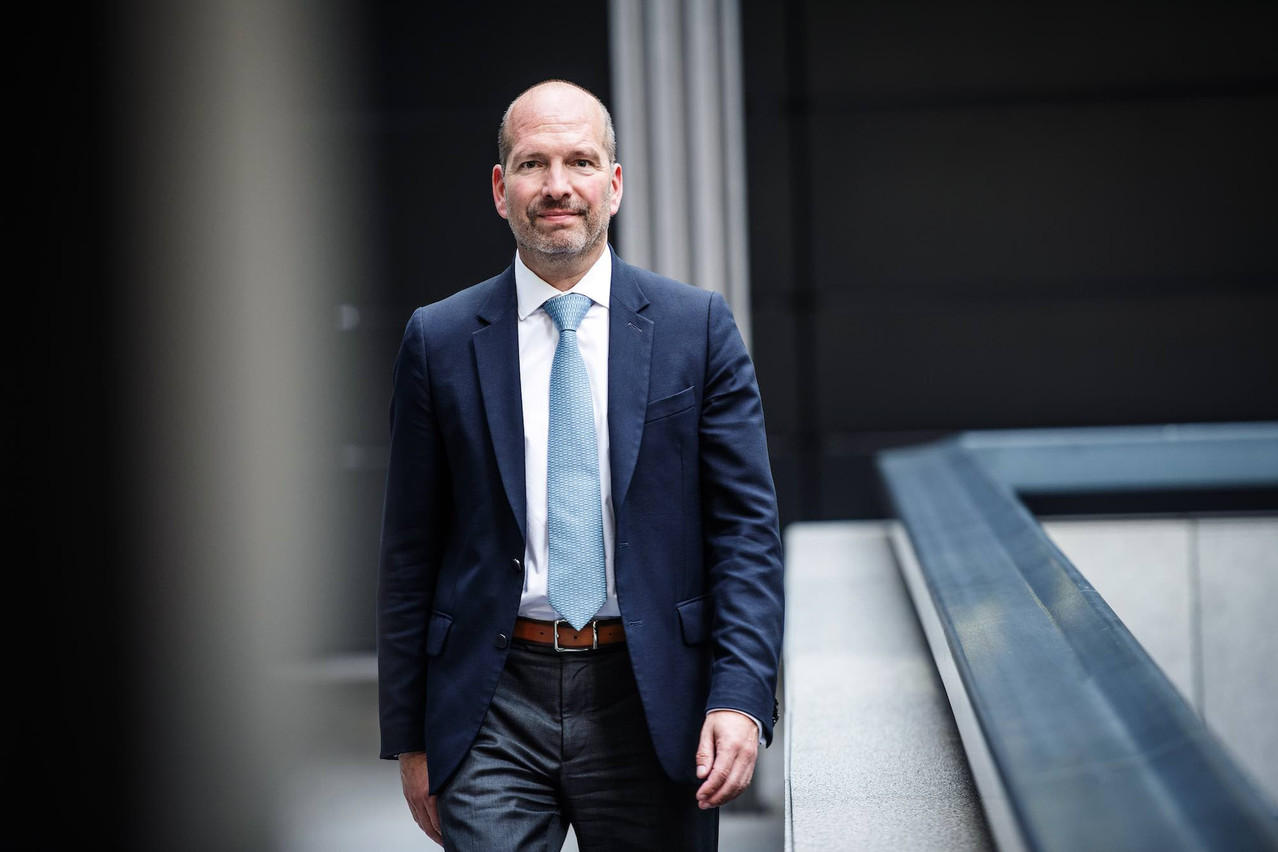Natalie Gerhardstein: What are your initial reaction to the election results?
: Looking at the results, the first conclusion is that the coalition between the Liberals, the Socialists and the Greens no longer has the necessary majority to continue to govern our country. The outcome of the upcoming discussions between parties having declared an interest to be part of the next government will provide more clarity.
Alfi does not have political views in favour of any given party but is supportive to political initiatives and programmes, which help to further develop and grow the Luxembourg financial centre, the engine of our economy. We are looking forward to engage in an open and constructive dialogue with the new government and with the members of parliament.
What do you hope to see discussed in coalition negotiations and appear in a coalition agreement?
There are a few topics that come to my mind: first and foremost, we have to boost our efforts to increase the competitiveness of Luxembourg. This also relates to the taxation of companies, of products such as investment funds and of persons.
Another very important topic is the attraction and retention of talent, which also relates to the housing issue. Training, innovation and reinforcing our structures and teams, also at the level of the administrations and national and international institutions, to engage in favour of our national interests should also be among the priorities.
Any thoughts on how the new chamber’s composition could impact the financial sector, business community or Luxembourg’s economy?
The financial sector is making a massive contribution to the economy of our country. Employing some 65,000 people directly, it accounts for almost 15% of employment, 20% of tax revenues and just over 25% of Luxembourg’s value-added GDP. In view of these impressive numbers, we are confident that the new government will fully appreciate and recognise the importance of the financial sector for our economy and, hence, our country.
What else is on the radar for Alfi?
We would like Luxembourg to continue to be attractive and competitive to new companies, organisations and structures. A relatively recent type of investment products are the active exchange traded funds or active ETFs, which have seen phenomenal growth rates in the US. In the near future, such products will also be launched in Europe. For Luxembourg to be able to attract some of these new activities, it is important that active ETFs are benefiting from an exemption of the subscription tax.
This interview was conducted before Luc Frieden (CSV) was named
